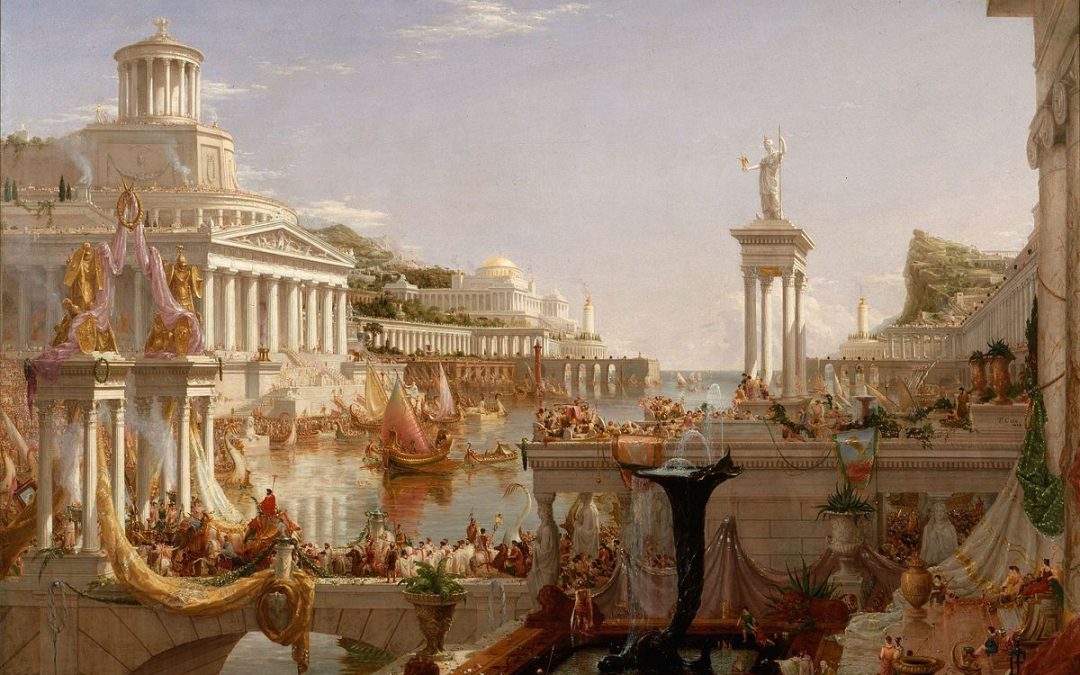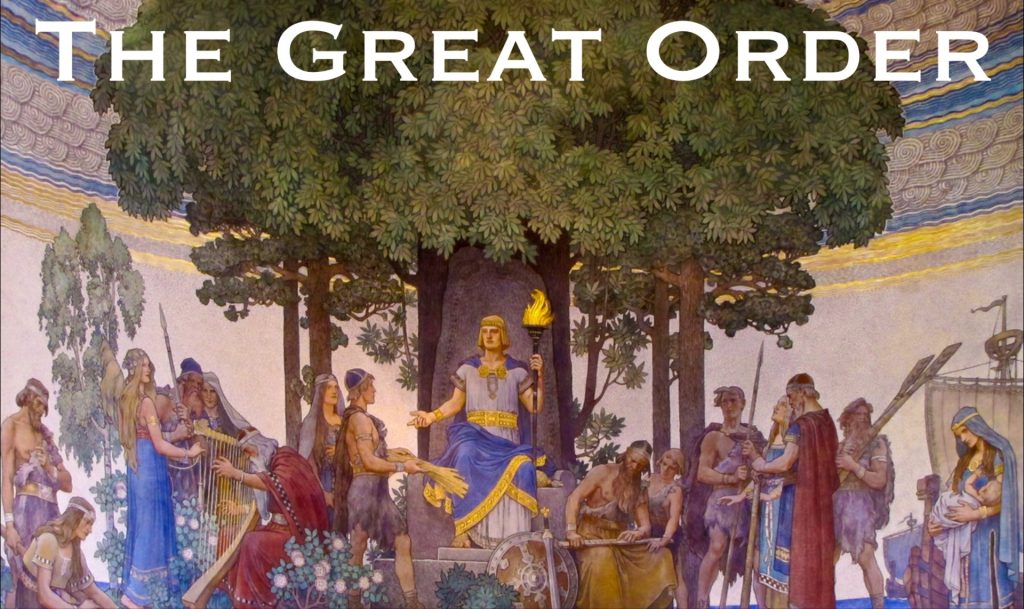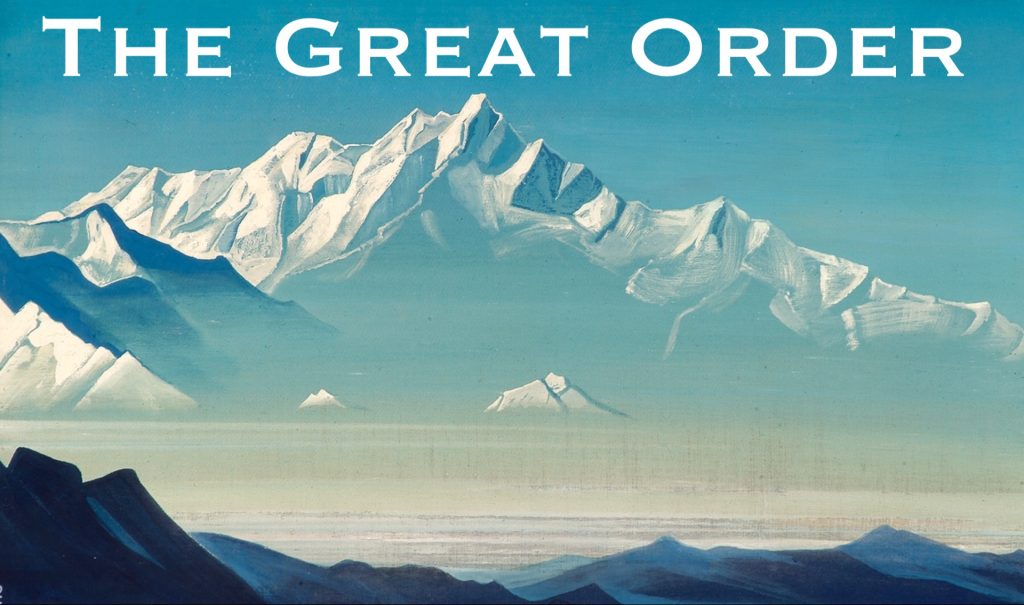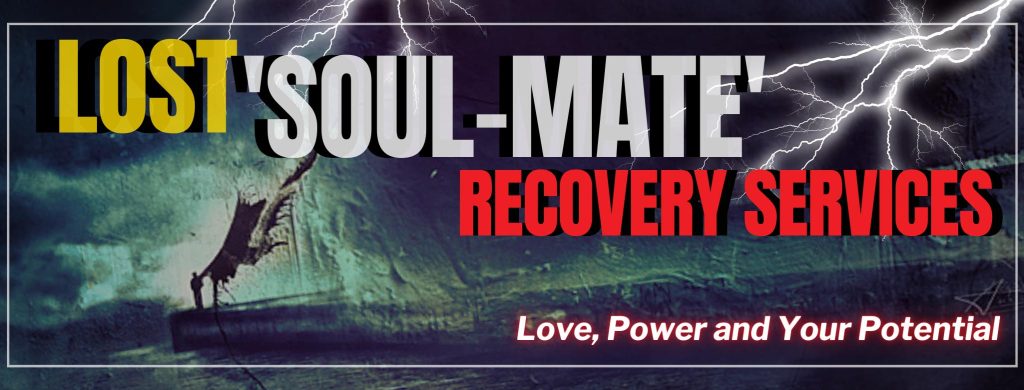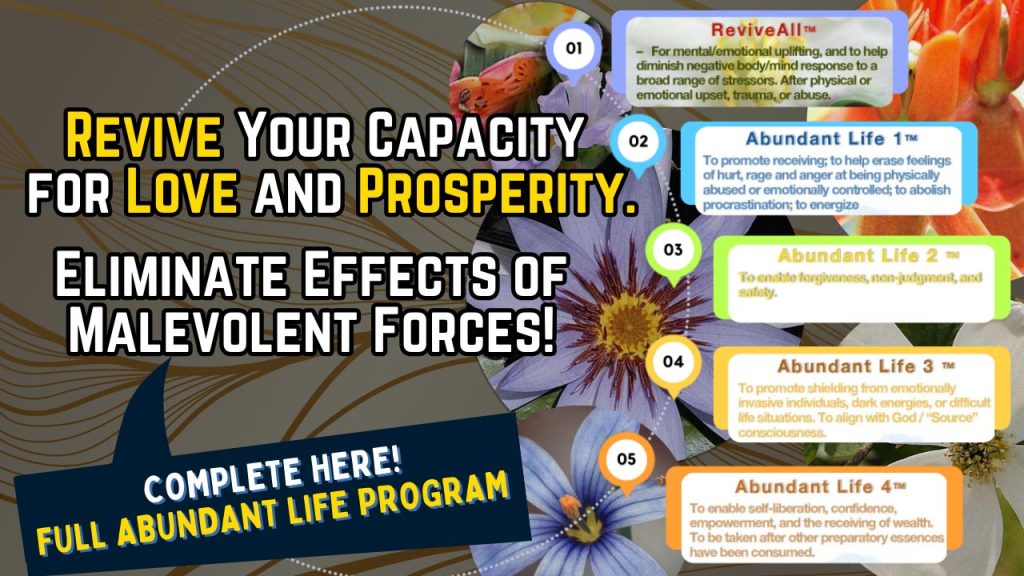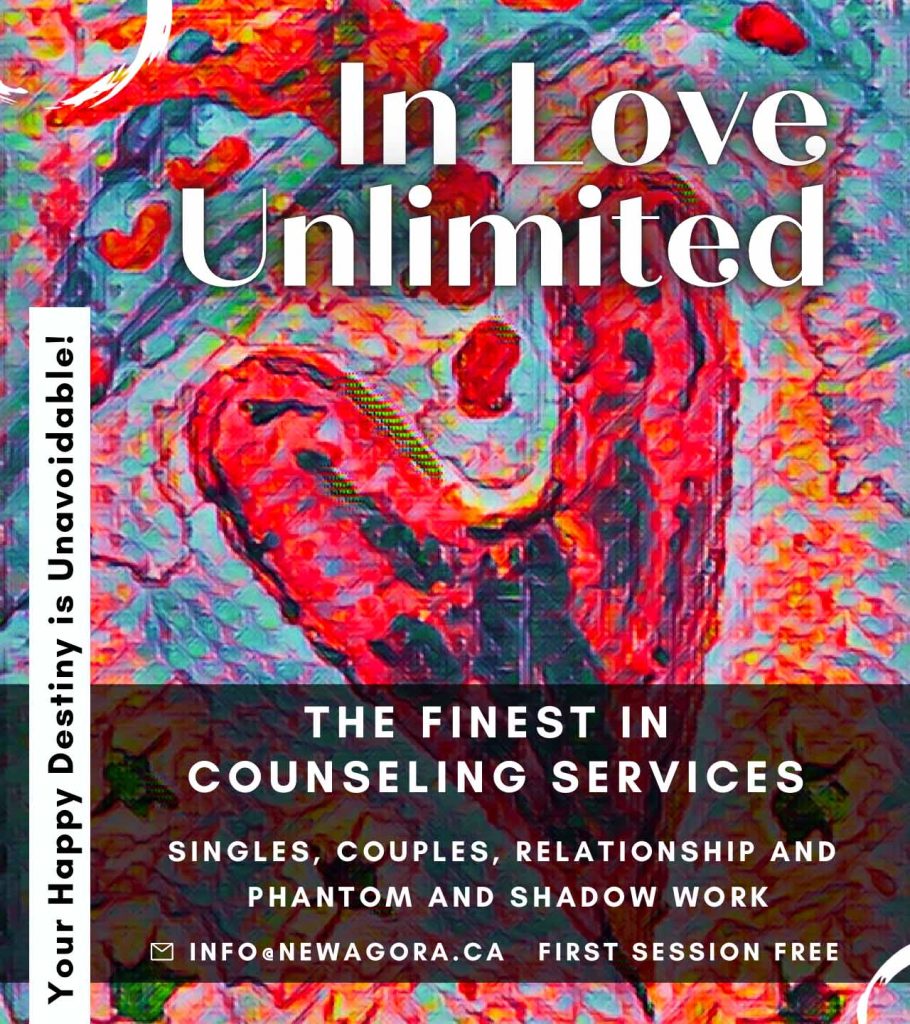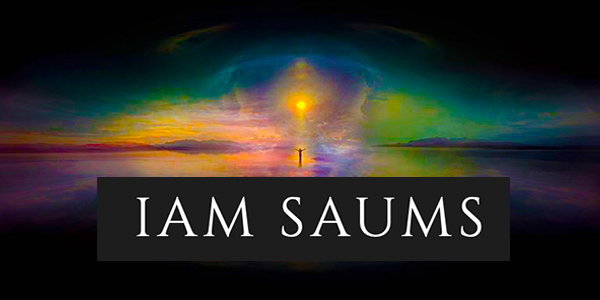The Prosperity Paradox– Escaping Apathy
“If you can cut the people off from their history, then they can be easily persuaded.”– Karl Marx
How do we escape the cycle of having our prosperity and comfort in the West/European civilizations lead to weakness and vulnerability?
This is a sentiment being raised by many sources, one that is crucial to consider.
I’ll just provide a general response to that question here, as a conversation starter. Conversations are what we need to have. Indeed, we can view the self-reflexivity and open discourse of the West as one big conversation.
The current questions raised by the attempts at globalism, open borders, and the soft censorship limiting what’s acceptable to discuss in public today can be seen as just another fold in the conversation. The same conversation we’ve been been having with ourselves since at least the days of the ancient Greeks.
Like the swings of a pendulum, we must continue to refine and balance mass movements and ideas. This way, we’ll arrive at societies that better reflect the balances of nature.
The strong current of individual freedom, so crucial to European philosophy and life, needs some counterbalance with a connection and service to the wider community.
The wealth-creating structures within capitalism and the free market needs counterbalance with a loyalty to one’s home culture.
These are not new concerns. Negotiating the fulcrum between individual sovereignty and a commitment to the wider community (we always hear how humans are “social creatures”) has continually reared its head throughout history.
How do we keep unchecked individualism from spinning out of control into nihilism and meaninglessness, creating a vacuum for lies and manipulations?
We re-connect with the stream of traditions and ideas that all lead to this moment.
This does not mean a superficial turning back of the clock. It does not mean attempting to return to a so-called “golden age” past whose perfection only exists in our minds.
It means simply that we realize and appreciate how stories, traditions, and of course history itself benefit us and live through us; and that we need to re-invest in these. Currently, we are like branches of a tree cut off from the trunk.

I consider myself very fortunate that my high school literature classes began with the ancient Greek tragedies, that we read Sophocles, Aeschylus…then went on to Beowulf, the first surviving epic poem of the English tradition. That we spent whole school years on European and Church history, that I had to write essays on the Holy Roman Empire and the Renaissance.
I also consider myself fortunate that my parents read to me and gave me audiobooks of the old European fairy tales collected by the Brothers Grimm and Hans Christian Anderson, as well as Aesop’s fables and heroic lore. Or that they took me to historical sites around our region in the U.S. to provide a sense of American history.
My attendance of parochial schools gave me a sense of the yearly rhythms and symbolic power of Christian (and by extension old European folk) holidays. As a teenager I began to understand that these had been going on for a long, long time.
I have much catching up to do; I make no claims of being a historian or scholar. What I can attest to is that the exposure to what’s described above awakened in me a sense that I was part of something much larger than myself.
That sense of awe and duty to something larger than yourself, and the meaning it confers, is key.
These stories and traditions are like diamonds that can be turned and studied to observe different reflections from the facets.
Again, this is not to advocate for a basic reading and blind acceptance of old traditions and religious structures.
Rather, I am advancing the idea that these traditions are the archaeological layers underneath our current psyche.
To understand our contemporary questions about freedom, rights, sovereignty (both individual and collective) and a whole host of other things, we’d do well to bring these traditions into an updated, relevant conversation for our times.
Tradition in this sense is not a return to the past, but an affirmation of what is eternal. How do these notions play out here and now?
Consider Plato’s phrase,
Time is the moving image of eternity.
But then consider the fact that Western civilization courses have been stripped from schools in recent decades. (1, 2)
Consider the accounts (casually heard years prior to the current migrant crisis) that Sweden exhibited such a “liberal” culture. What this apparently meant was being less religious, not disciplining children, and advocating that there was no such thing as Swedish culture/ values, among other things.
What happened next? The human drive towards religiosity slipped in through the back door. People in Sweden now hold up leftist secularism as a new religion; witness the presence of the PC culture’s own pet language and an inability to handle criticism.
We all know what followed; Sweden, and other European nations, are in a state of emergency, as will be discussed further elsewhere.
With our increasingly sophisticated understandings and discourses on media, technology and science, we need to update our broad societal conversations regarding history, art, symbols, myth and religion.
As a quick thought experiment: it’s very, very easy to imagine a late night cable talk show host snickering at a Christian guest, belittling the quaint notion that some god-man popped out of a virgin.
What I never hear mentioned in popular discourse is a discussion of the symbolic and psychological meanings of the idea of “virgin birth.” That these stories can have different layers of meaning.
of the idea of “virgin birth.” That these stories can have different layers of meaning.
I also never hear the amazingly important clarification that actual Christian theology does *not* teach that good people go to a dis-embodied “heaven” after they die.
I was not fully aware of this clarification until I read a book called Surprised by Hope by N.T. Wright several years ago.
In fact, the New Testament advances the idea that a “new earth” will be created/revealed when all is set to rights in the end, and that we will live in perfected bodies…fulfilling the greater wholeness and transcendence that we sometimes glean and yearn for now in our present experience.
According to the actual Christian theology, the resurrection of Jesus was the first instance of this process, writing it into the code of possibility in the universe. The current earth is a chalice, a receptive vessel of the perfection that is to come.
Therefore people are called do what they can, even in this imperfect world where choices to turn away from God abound, to prepare the way for the coming beauty that will be brought by the grace of God.
Now–for the purposes of this discussion, I’m not saying what’s “amazingly important” about the above is whether you literally believe it or not. What’s important is simply that the idea of the resurrection of the body is acknowledged and understood accurately.
Why this is important–to believers and non-believers–is that, like any idea, it has consequences.
If we are to believe (or be subconsciously affected by that belief’s representations around us) that we just go to a disembodied heaven after we die, it perhaps becomes easier to dismiss life on earth as a passing inconvenience at best, or a great evil at worst.
To return to the discussion above of Sweden and the general state of the West: dismissal of life on earth can open the door to meaninglessness. The depths of meaninglessness maim one’s desire to steward life and continue nourishing traditions for future generations.
This applies to the non-believer as well because, like it or not, Christian thought has shaped the discourse, language, and ideas of European, Western culture; modern secular humanism can be seen as a bastardized, godless version of Christianity.
As an historical aside– we can also argue that the Western mind and spirit used Christianity as a vessel (because myth and religion stimulate our emotions in a way that mere intellectualizing cannot) to propagate and develop itself.
Either way you slice it, informed and relevant contemporary conversations, rooted in the real questions and ideas that our cultures have struggled with, are necessary to renew Western vitality. This will help right our rudderless ship currently spinning out of control.
I take as a given that the above discussion of different views on the afterlife, and how those views motivate us in the here and now, are complex.
Of course, a belief in nothing after death can lead to even more meaninglessness than the idea of a far away and disconnected heaven. But believing in nothing after death can also motivate some people to make the most of this life. And many good things have been done in the name of trying to “get in” to heaven.
I mention the obfuscation of the “resurrection of the body” vs. “far away heaven” as just one example among many. (3) It’s become too easy for false ideas to become incorrectly attributed to certain world views, infecting our thoughts and our ability to construct accurate–and therefore useful–critiques.
So much of our public discourse on things metaphysical, and the culture that flows from it, is childish and incomplete.
If we think we are oh-so-sophisticated in our advancing popular understandings of trends in technology, science, marketing/advertising and the like, we have to bring the humanities up to speed.
We’ve heard the phrase stating that if we don’t know our history, we’re doomed to repeat it. I believe this applies beyond just what we typically think of as history–a sequence of events–and extends to our mental, psychic, spiritual history as well.
How do we better understand the philosophies, symbols, art, myth, religious structures and the like that got us to this moment? How can we inject these considerations into our day and age in order to inspire relevant and transformative conversations and choices?
A re-investment in and re-assessment of the grand story of how and why we arrived at this moment will re-invigorate strength, spine, and purpose.
Below you will find a couple of more brief considerations addressing how to stop material comfort and apathy from metaphysically (or literally) killing us:
The first is a positive return to regionalisms. The world is getting bigger and smaller at the same time. Just as the nation-state is a bulwark against the over reaches of globalism, local regions and communities are a bulwark against the over reaches of the nation-state.
The march of technology will not stop, but I sense a growing desire in people to counter that with a re-connection to their immediate surroundings.

The growing rise of craft beers in the United States, and the trends towards farmer’s markets, and farm-to-table food, demonstrate that at a gut level, we want to interface and exchange with the people and places around us. To take part in a more local economy and culture.
Local charities and organizations, as well as outdoor and athletic activities, also provide grounding and meaning. I advocate for adults watching less sports on TV and playing more sports outside with each other. In general, anything we can do to move from spectatorship to activity advances the kinds of internal changes that will start the process of correcting our course.
And naturally, since all layers have their points of connection, serving your region can be a way to serve your nation.
Therefore, I also advocate for a mandatory national service for young people. This could possibly take place for one year after high school, pushing back the age students typically enter college. Of course, the young participants could opt to expand on their service and parlay it into a career path if they so choose.
Whether it’s military service, or participating in a local municipal building/cleanup/charitable endeavor, national service will help foster in young people that crucial experience of being part of something larger than yourself.
Many current controversial questions on gender roles, fiscal responsibility, the interplay between individual and group, and more may well sort themselves out in young people’s heads if we put more responsibilities in their hands.
In conclusion: strength comes from a posture of responding to what’s real, rather than solely reacting to the circus going on in various sectors of the present culture.
Ergo, the following question needs to remain at the forefront of our thoughts:
What if the culture-denying globalists, the relativists, the people with out-of-touch and dystopian visions, all had a change of heart tomorrow, or left and formed their own country?
Where does all of the energy and passion get directed to then?
We cannot only be defined by what we resist.
What is the positive thrust?
What are we creating, both now and for our descendants?
One broad answer is: we’re creating culture anew. And this arises from a struggle, a calling, a challenge, to best articulate and express the longings and curiosity that arise from the depths of our hearts and minds. We do not have to wait for external threats and tragedies to muster up proper motivation. We gain drive and meaning when we understand and experience our individual actions as flowing into a grand continuum.
What does it look and feel like to have art, literature, media, music, theater, communications, commerce, athletics, military structure, exploration and scientific inquiry guided by, and re-encased in positive, life-affirming, truth-seeking, noble, inspiring, harmonious, beautiful, healthy, strong, wisdom-loving principles– dialed in to the past, gloriously called to the future, grounded in and enjoying the present?
This is deeply connected to the practice of accepting responsibilities, which counterbalances the idea of enjoying rights; this in turn expresses the even deeper issue of a proper harmony between masculine and feminine principles, as well as individual and collective interests.
Material comfort ideally means that we’re free from worrying about our next meal and staying warm so that we can challenge ourselves to climb the next mountains of higher cultural and civilizational callings. Which is to express the fullness of our humanity.
If we let this go slack, if we let material comfort remain an end in itself, we will indeed be blown back into again worrying about staying warm and figuring out where our next meals are coming from.
Sources
Where possible, web pages linked to sources use an archiving service. This enables a permanent record of articles that have appeared on the Internet.
(1) Independent Women’s Forum: Western Civ Remains Dead at Stanford. Story mentioning the Jesse Jackson-lead student protests on campus during the late 1980s, chanting, “Hey hey, ho ho, Western Civ has got to go!”
(2) Newsmax: How Western Civilization Disappeared from College Campuses
(3) Article: “And Now…It’s Time‘s Turn: April 16 (2012) Cover Story about Heaven,” Patheos
Top Image: Thomas Cole, The Consummation of Empire.
By Jared at The Great Order
@
thegreatorder.com
Come Follow Us on Twitter
Come Like Us on Facebook
Check us out on Instagram
And Sign Up for our Newsletter



